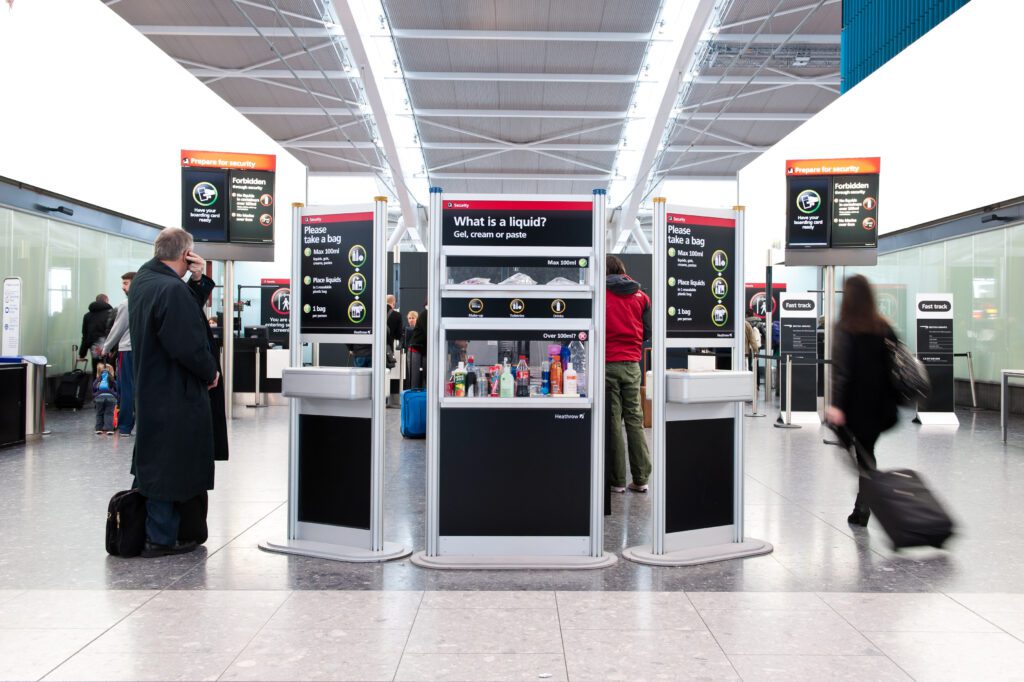Saudi Arabia’s sovereign wealth fund will acquire a 10% stake in Heathrow Airport, the busiest airport in Europe. Saudi is buying the share off of Ferrovial of Spain, while Paris-based Ardian will acquire 15 percent in a deal worth £2.37 billion ($3 billion) The deal is being made by the Public Investment Fund, known as PIF, which is chaired by the kingdom’s crown prince.
Ferrovial has owned its stake since 2006. The new deal is still subject to regulatory conditions
Heathrow’s parent company TGP Topco has various different owners, including other sovereign wealth funds in the Middle East. Here’s what the ownership looks like:
- Qatar Investment Authority: 20%
- Ardian: 15%
- Caisse de dépôt et placement du Québec: 13%
- GIC: 11%
- Australian Retirement Trust: 11%
- PIF: 10%
- China Investment Corporation: 10%
- Universities Superannuation Scheme: 10%
Heathrow regained its top spot as the busiest airport in western Europe last year, after sliding down the rankings during the COVID-19 pandemic. The number of passengers at the London airport has been on the rise. Between January and the end of September, Heathrow’s terminals saw 59.4 million passengers, an increase from 44.2 million during the same period in 2022.
This year, the airport has been experiencing financial losses due to substantial debt, influenced by sharp increases in borrowing costs. Losses in the first nine months of this year were £19 million (approximately $24.1 million), down from £442 million (approximately $561.5 million) in the same period in 2022.
The airport still has more than £14 billion (approximately $17.7 billion) in debt.
